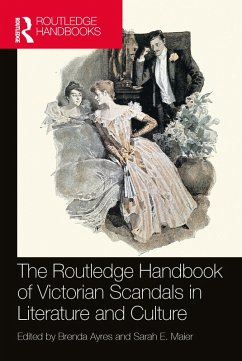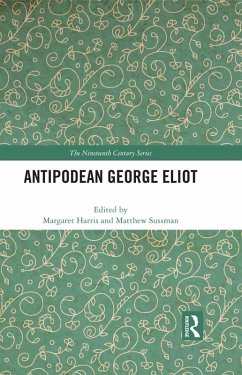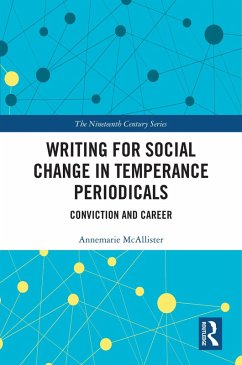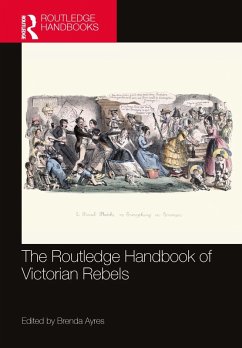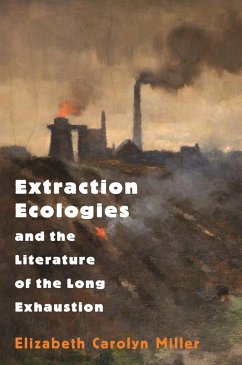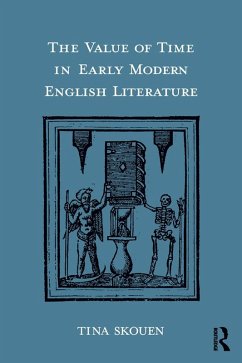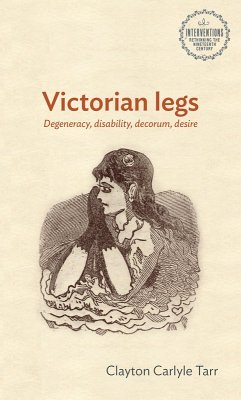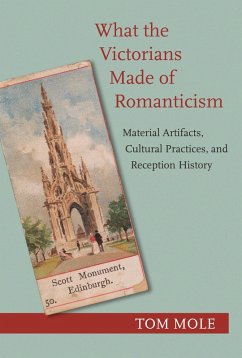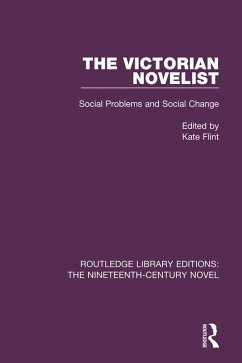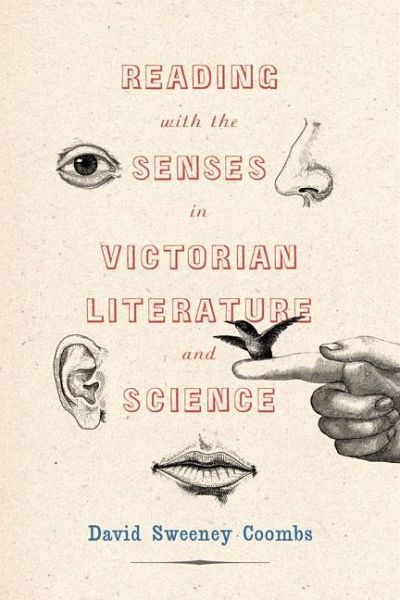
Reading with the Senses in Victorian Literature and Science (eBook, ePUB)

PAYBACK Punkte
17 °P sammeln!
The nineteenth-century sciences cleaved sensory experience into two separate realms: the bodily physics of sensation and the mental activity of perception. This division into two discrete categories was foundational to Victorian physics, physiology, and experimental psychology. As David Sweeney Coombs reveals, however, it was equally important to Victorian novelists, aesthetes, and critics, for whom the distinction between sensation and perception promised the key to understanding literature's seemingly magical power to conjure up tastes, sights, touches, and sounds from the austere medium of ...
The nineteenth-century sciences cleaved sensory experience into two separate realms: the bodily physics of sensation and the mental activity of perception. This division into two discrete categories was foundational to Victorian physics, physiology, and experimental psychology. As David Sweeney Coombs reveals, however, it was equally important to Victorian novelists, aesthetes, and critics, for whom the distinction between sensation and perception promised the key to understanding literature's seemingly magical power to conjure up tastes, sights, touches, and sounds from the austere medium of print. In Victorian literature, science, and philosophy, the parallel between reading and perceiving gave rise to momentous debates about description as a mode of knowledge as well as how, and even whether, reading about the world differs from experiencing it firsthand.
Examining novels and art criticism by George Eliot, Thomas Hardy, Vernon Lee, and Walter Pater alongside scientific works by Hermann von Helmholtz, William James, and others, this book shows how Victorian literature offers us ways not just to touch but to grapple with the material realities that Clifford Geertz called the "hard surfaces of life."
Dieser Download kann aus rechtlichen Gründen nur mit Rechnungsadresse in A, D ausgeliefert werden.




